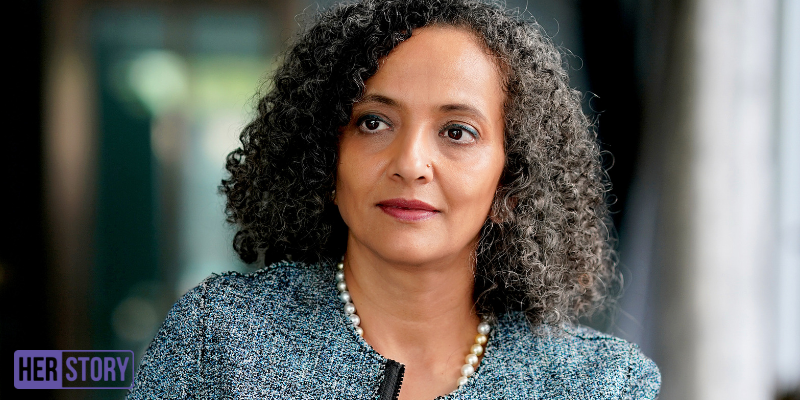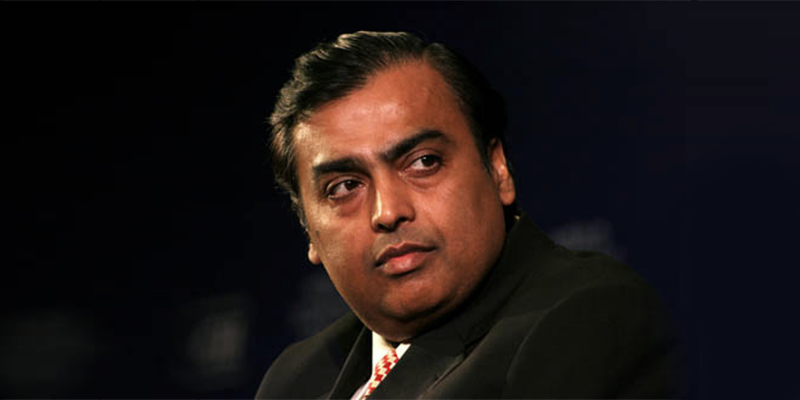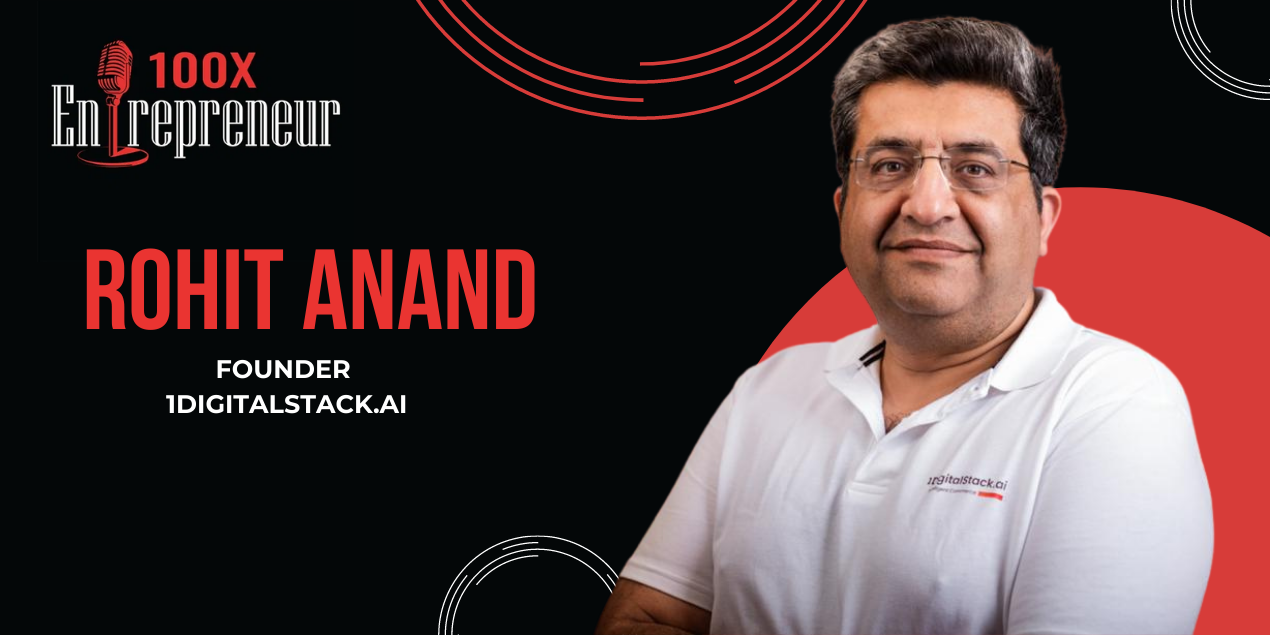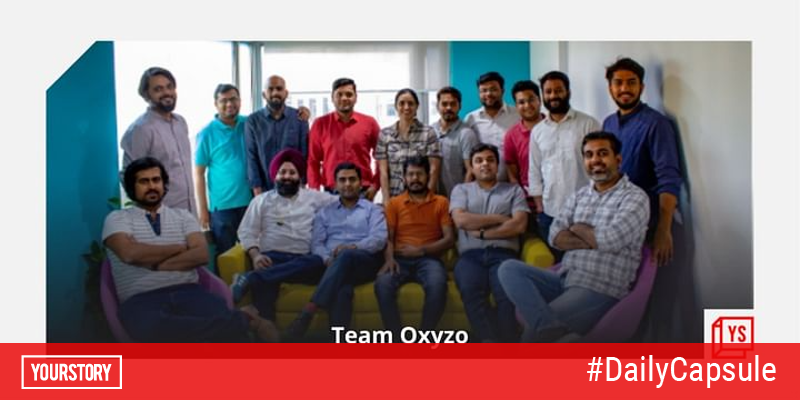‘If you are hurt, talk about it. If you are angry, discuss it. There is no need to shout.’ Geeta Ramakrishnan on how we can embrace change

In her book, The Game of Change - My Zen Steps to Unleash Success, Balance and Happiness, author Geeta Ramakrishnan explains how women can deal with change in today’s challenging and demanding world.
Women deal with change in different ways. Often, we are intimidated and overwhelmed by the number of roles we have to play in our everyday lives. But it goes without saying that all of us aspire to be the ideal woman - juggling whatever life throws at us to the best of our abilities.
But what is important is how to live life with the many changes happening around us. Are we able to do that without burdening ourselves too much or feeling lost?
Geeta Ramakrishnan, author of The Game of Change - My Zen Steps to Unleash Success, Balance And Happiness, says we can do so.
In her book, Geeta shares the “aha” moment on her perception on the fears and insecurities of life that were holding not only her but many others back from unleashing ultimate happiness. It focuses on all the amazing women out there; daughters, mothers, home keepers, professionals, dreamers, and achievers, aspiring to being the “ideal”women in all roles, to bring the choice of Zen balance and success in their lives.
Geeta Ramakrishnan grew up in Mumbai, India. Her marriage took her to Dubai. Keenly interested and intrigued by human behaviour, she focused on human capital management of the family business. Her curiosity and passion led her to attend an ontological coach training programme from Newfield Asia, Singapore. She now offers coaching and conducts workshops on her favourite subject “Change”. As an Ontological Coach, Geeta Ramakrishnan has been conducting ‘Change Workshops’ across the business, and running group and one-on-one coaching programmes targeting personal and professional growth.
In a conversation she tells us about the book, how to deal with change, and how can people adapt to change in their lives.
HerStory: What prompted the book, The Game of Change?
Geeta Ramakrishnan: The Geeta you see today is not the Geeta I used to be even as much as five years back. I struggled, I stressed, I gave up time and again. I was juggling things and did a bad job. I was frustrated, resentful, and unhappy. It affected my health and sanity. But I always believed in one thing - “Do Not Give Up”. It is one thing knowing that you have to change. But doing it is a totally another cup of tea. You have to face your fear. I did the best thing one can do. I asked for help. I outsourced what I was not good at. I got a coach to help and guide me. A dash of willpower and that helped. I soon became a certified coach myself. I feel one doesn’t have to be 50 years old to grapple with the challenges life throws at you. I wished to pass the knowledge and wisdom of my learning to help more people in this simple secret of Zen balance. What better way than writing a book, which can reach millions of people?
HS: What are the key components of the book and how will it help people?
GR: You can call it a self-help book. It focuses on the real stresses one encounters in day-to-day life and how you can deal with them. The focus is on what you can do to change, considering that the situation may not change or you have no control over the situation. The key components are focus on your body, on your mind, and the practices you can do to make new habits and make that shift from stress to Zen. I have given some real-life examples, even used my life experiences and what helped along with some action steps to practise and help form new neural pathways of change.
HS: If change is a constant, why are we still afraid of it?
GR: This is a good question to ask ourselves. What are we afraid of? What is our fear? I like to play the “being curious” game. When we dig deeper, our fear unfurls in layers. The deeper we go, we discover our one big fear. It could be fear of rejection, fear of failure, and so on. All these fears act unconsciously in our system in different ways, and prevent us from achieving what we really want. Many times we do things by default, as a habit, without thinking. Being aware of this is the first step towards change. The answers are within us, irrespective of the change in surroundings or changing life. We have the power within us to get that balance right.
HS: In this fast-paced life, how can people adapt to change without feeling overwhelmed?
GR: Mindfulness is a fancy name. It is nothing but observing our behaviour, specially when it does not serve us. Notice the words you speak, your breath, when you are angry. These are some of the ways to draw our attention to the present. Mindfulness is being in the present. Emotions are formed by experiences from the past, and most often these are negative. We hold on to them but expect things to change to the positive. Being mindful helps you to understand yourself, understand your subconscious and not-so-useful habits and patterns.
Empathy is another word. Showing empathy is looking at things from another perspective, acknowledging that the other person is hurt while not necessarily agreeing with her. You can hold on to your views while being empathetic. This will help you look at the problem from a different angle.
I am a great fan of time management. While having goals, once you separate them into baskets and prioritise them, and plan your day and week ahead, it helps give you the space to breathe.
It is okay for things to go wrong, all you need to do is take a deep breath, step back, observe, realign yourself and your time, and start all over again. It changes my mood from resentment to enthusiasm.
HS: How can relationships be nurtured, especially when attention spans are low?
GR: Social media, WhatsApp, mobile phones - the future will have even better gadgets, I am sure. They do have their uses. And of course, we care getting so immersed that we are not in control. Relationships are a two-way dance. First, one must have the will to make it work. Being mindful of the other’s point of view helps in understanding and nurturing. I believe that no one is right or wrong, good or bad. That helps me in empathy, to expand my thinking. Another important point is to define and draw our boundaries. If you are hurt, talk about it. If you are angry, discuss it. There is no need to shout, and no need to hide issues under the carpet as well. Assigning a “me”time and “us” time adds great value in nurturing a relationship. Use the gadgets to your advantage by sending cute messages… instead of being a slave of these attention-depleting agents.
HS: How does change affect mental and physical well-being?
GR: What you eat is what you are, and the calmer you are, the better the food gets digested. Our mind and body are connected and are there to support us in achieving our goals. Have you ever tried to make your face smile, even without reason? Did you feel good?
We often live in stress. Our mind cannot distinguish real from imaginary stress. Imagine: today my boss is going to kill me. Really? But your mind thinks it is real and produces all the chemicals and hormones to protect you. Your reaction becomes defensive. Your cells, organs are all tense. This is a natural reaction to protect you. But wait, this is not even real. You imagined it, yet your body reacts. This is what happens every time we live in the past emotionally, and imagine situations and stress ourselves.
Meditation and yoga is a great example of a body-mind exercise. It helps us be in the moment and catch those not-so-useful habits we have acquired over the years.
HS: Tell us more about the work you do.
GR: I am passionate about change. The change where you can live in balance and achieve success with a happy frame of mind. I enjoy interacting with people and coaching people struggling with this stress and balance. I also run change management workshops. While my coaching on change works on all people, my focus is on women. I believe women multitask much more than men. We are natural nurturers but get lost in our various roles, that of mothers, daughters, wife, office, home, children, friends, and so on. I am on a mission to empower 10,000 women by the end of 2019, to help them win the game of change, by enabling them with the skills needed for a meaningful life to unleash success, balance, and happiness.











